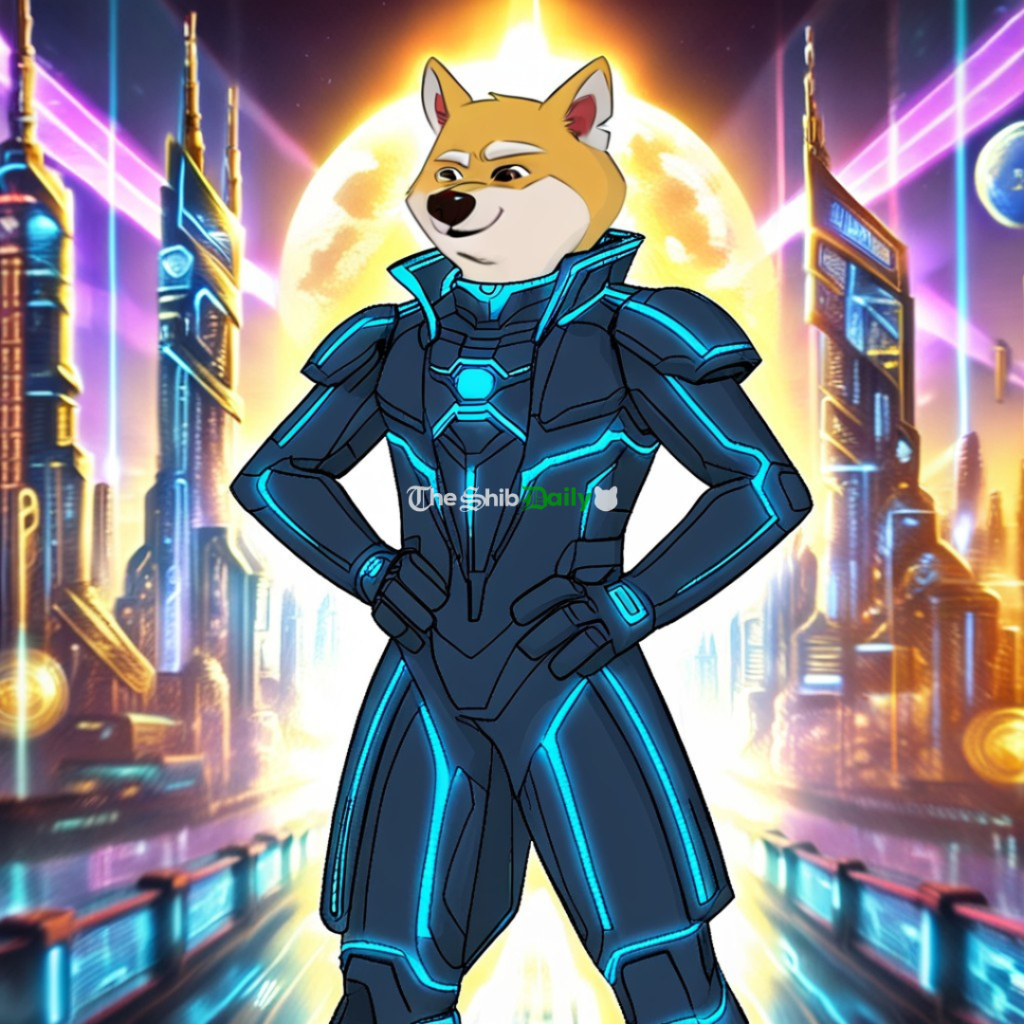The very fabric of digital power appears to be changing when Shiba Inu visionary Shytoshi Kusama shares his proposed blockchain operating system, a revolutionary concept poised to reshape governance as we know it.
Meme Mania and the 36 rooms of technology
The idea, recently explored by Shiba Inu visionary Kusama in the third episode of the limited-edition podcast titled “Meme Mania and the 36 Chambers of Tech,” introduces an ambitious plan that could redefine how digital systems are governed. His vision for a blockchain operating system (OS) stems from the idea that traditional nation states had their own operating system.
This system introduces a unified, decentralized platform where identity, finance and social interactions are integrated into a single cohesive ecosystem. Kusama’s proposal is based on a simple but profound concept: instead of relying on fragmented centralized systems, a blockchain operating system would allow people to govern themselves digitally.
Users would control their identity, manage their finances and interact socially within a single platform, without the need to rely on multiple services. “What if a nation state had its own operating system? What if everything from identity to finance was decentralized and you controlled it? ” Kusama said, illustrating his idea of a unified system where personal autonomy and security are paramount.
The decentralized identity of the Shiba Inu: transferring control to the individual
One of the fundamental elements of Kusama’s vision is decentralized identity. This system would allow users to manage their digital identity without relying on centralized authorities.
In the current model, personal data is often stored on centralized servers, making it vulnerable to breaches. But with a decentralized identity, Kusama envisions a more secure approach in which individuals own their information and can decide who has access to it.
Kusama emphasized: “What if your identity was liberated and decentralized? What if you had your keys? The idea is simple: give people the tools to control their digital lives, while ensuring privacy and security in an increasingly interconnected world.
Modular blockchain ecosystem: integration rather than fragmentation
Beyond identity, Kusama’s blockchain OS vision seeks to unify diverse technologies into a modular ecosystem. This interconnected platform would allow users to seamlessly interact with different blockchain networks, creating a flexible and adaptable system.
Kusama suggested: “What if all these pieces of technology were intertwined and placed on your favorite blockchain, even if it’s not Shibarium? The vision is of an ecosystem that supports a range of services, from financial transactions to social networks, leveraging the strengths of multiple blockchain networks.
This is an approach that encourages innovation, as users can choose the services and networks that suit them best, without being limited by a single system.
Shiba Inu addresses security with fully homomorphic encryption
As Kusama’s blockchain OS aims to bring together more sensitive data and digital services, the question of security becomes crucial. Fully homomorphic encryption (FHE) has emerged as a critical solution for protecting personal information, especially in a world where quantum computing poses new threats to traditional encryption methods.
“Quantum computing can break military-grade encryption,” Kusama warned. “You think you don’t need FHE?” You are wrong. With FHE, data remains encrypted even while it is being processed, ensuring that users’ private information remains secure, even against advanced threats.
Reputation Systems: Building Trust in the Digital Ecosystem
In addition to decentralizing identity and improving security, Kusama’s vision includes reputation systems that would create greater transparency within the blockchain operating system. These systems would allow users to gain or lose reputation based on their actions, helping others identify trustworthy participants.
“When you enter this system, you will know who you are dealing with,” Kusama said, highlighting the potential of reputation mechanisms to combat fraud and scams in the crypto space. By giving users the tools to build or lose trust, Kusama’s blockchain operating system could foster a safer and more responsible digital environment.
Shiba Inu: Shaping the future of governance
Although Kusama’s blockchain operating system is still in its early stages, its potential to reshape digital governance is significant. The combination of decentralized identity, modular technologies, advanced encryption systems and reputation could lead to a safer, fairer and user-controlled digital future.
Kusama’s vision presents a new type of governance, in which individuals, not institutions, control their digital lives. This approach could usher in a new era of digital governance, giving citizens more autonomy while ensuring greater security and trust in the systems they use.
Learn more
Yona has no crypto positions and does not hold any crypto assets. This article is provided for informational purposes only and should not be considered financial advice. The Shib Daily is an official media outlet and publication of the Shiba Inu cryptocurrency project. Readers are encouraged to conduct their own research and consult a qualified financial advisor before making any investment decisions.
Post Views: 237




